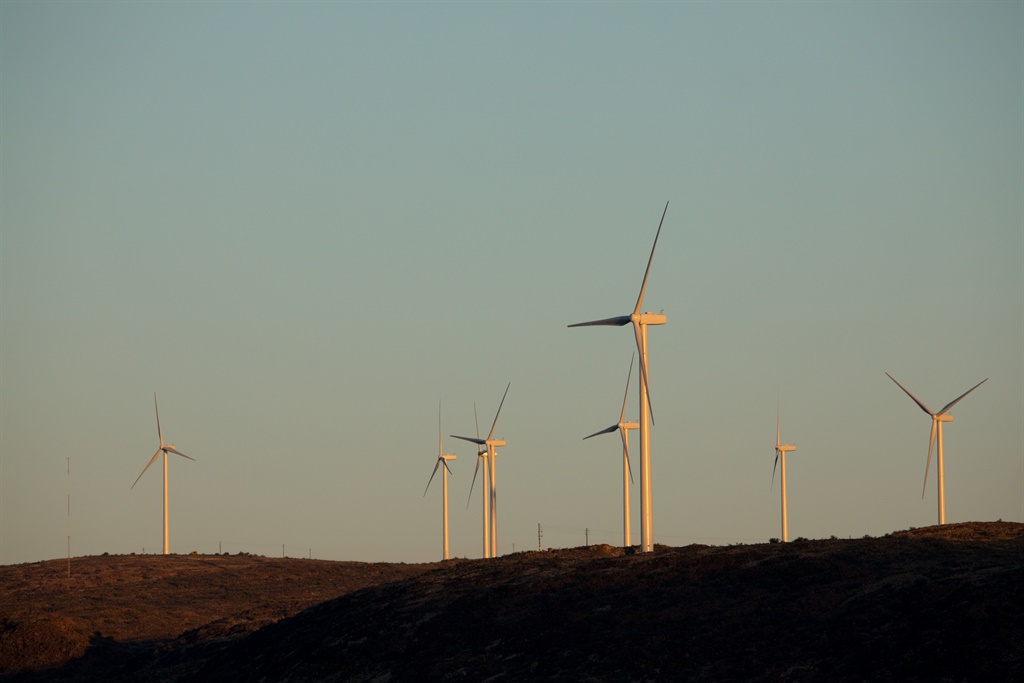
- Eskom CEO Andre De Ruyter says that the power utility has acknowledged the global shift towards renewable energy.
- Renewable energy could deliver a range of benefits such as cost competitiveness, reduced emissions and possible job creation.
- Eskom has since established a Just Energy Transition office to engage with workers and communities in order to engage on a business model that creates a meaningful future for them.
There is an opportunity to drive a "greener, cleaner" Eskom in future, CEO Andre De Ruyter has said.
The power utility's chief executive was speaking during a webinar on Tuesday, hosted by the Cape Town Press Club.
Apart from outlining a number of challenges Eskom is facing, De Ruyter also commented on the changing global energy landscape and what it means for the power utility.
"First of all, I think it is important to point out that we are not climate change denialists. We accept and we understand that it poses a risk, not only to Eskom, but also the economy of South Africa, and we have to play our part," he said.
De Ruyter noted that globally, financial institutions were moving away from funding and insuring fossil fuels.
Global asset manager BlackRock earlier this year announced it will put climate change at the heart of its investment decisions – lowering its exposure to fossil fuel companies going forward. Domestically, banks such as Standard Bank and Nedbank have said they would not fund new coal independent power producers.
De Ruyter also noted that renewables are increasingly cost-competitive, can yield a number of other benefits such as reduced emissions and, if supported by the appropriate industrial policy, could create jobs.
A shift to renewables could additionally help Eskom to attract the available foreign direct investment available, he said.
But in order to ensure energy technology shifts would not leave communities and workers dependent on the coal sector destitute, Eskom has set up a Just Energy Transition Office – the first of the country's state-owned entities to do so, according to De Ruyter, with the aim to engage with various stakeholders, such as labour unions and affected communities.
De Ruyter said it was important to communicate to the abovementioned stakeholders that they have a "meaningful future" in renewables.
"We have to, from moral and economic and political perspective, create an alternative future that involves those communities and workers," he said.
Apart from Eskom there are also players in the energy sector who are aware of the calls for a just energy transition. Finnish technology company Wärtsilä, which focuses on the marine and energy sectors, particularly providing flexible generation to supplement renewable energy, has said it supports a just energy transition.
Speaking at a media briefing in July, Wayne Glossop, business development manager at Wärtsilä South Africa, said that while its offerings - construction and operations and technology manufacturing - are labour intensive, it was also open to community ownership of projects.
"Community ownership, I believe, is a sensible part of that transition or transformation - the exact mechanics of that is something that should be fleshed out," he said.
